Plastic Free July: BRITA research reveals millions of Aussies primarily drink bottled water
Australia has a massive problem with its drinking water, and while it’s hard to fathom the difference one can make — we can change our ways.
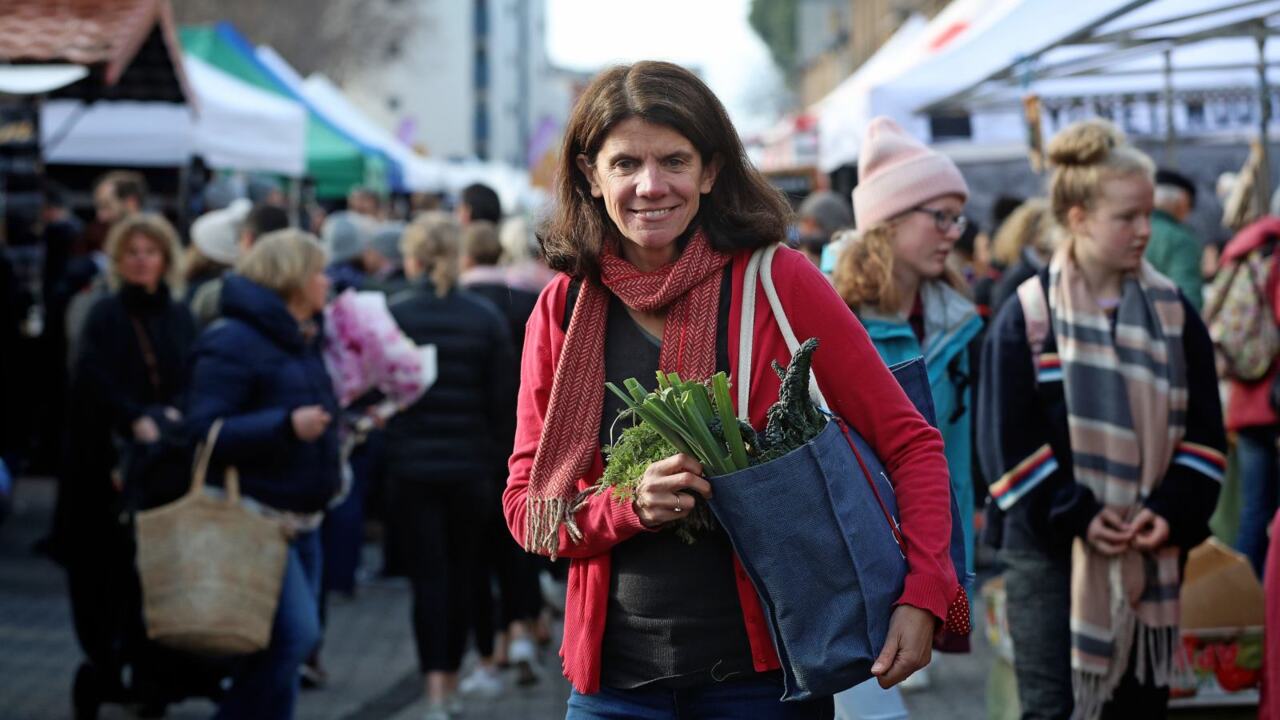
SmartDaily
Don't miss out on the headlines from SmartDaily. Followed categories will be added to My News.
Australia, we have a plastic problem.
This may not be news to many – most of us have seen and been moved by images of marine life tangled in, or unknowingly consuming, floating plastics – but with the problem being so great, it’s hard to fathom the difference an individual can make.
With new research revealing more than one million Australian households primarily drink bottled water at home, Plastic Free July has partnered with BRITA to highlight how millions of individual efforts can make a big impact. The BRITA’s #FilterForGood research, undertaken by IPSOS, found not only are households wasting more than $3.4 million each day ($1.2 billion annually), they are wasting six million single-use bottles every day.
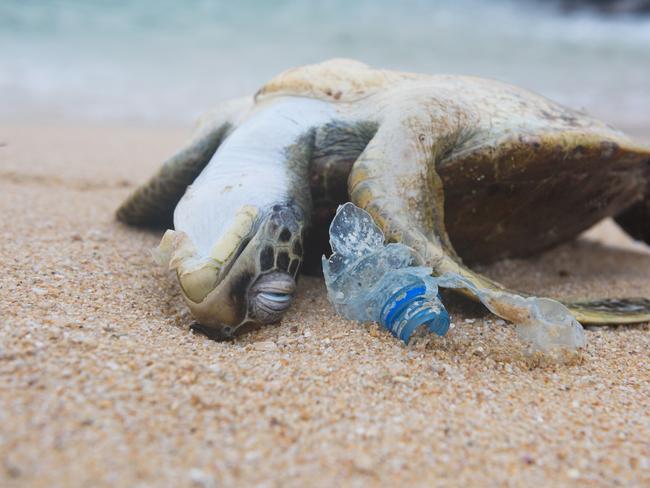
Founder of Plastic Free July Rebecca Prince-Ruiz says they hope to prevent 50,000 single-use plastic water bottles from being discarded by calling on Aussies to take the #FilterForGood pledge.
“If all households who only drink bottled water at home pledged not to do so for just one day, we would save more than 6.5 million single-use plastic bottles (1L) from being discarded in Australia,” she says.
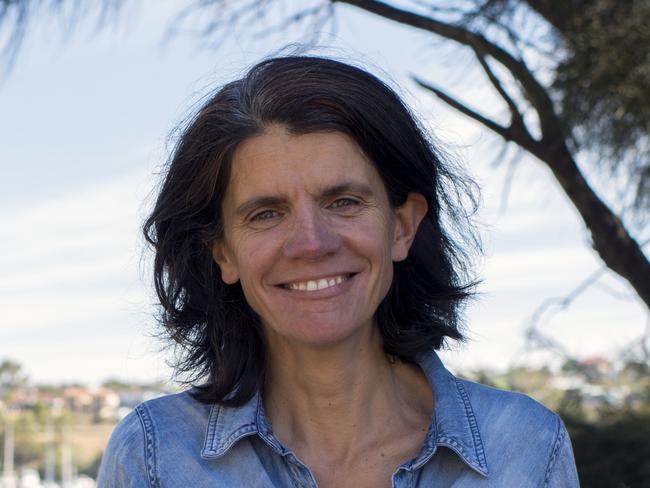
“It is an easy switch to choosing reusable water bottles when out and about and make the switch from drinking bottled water to filtering tap water with a BRITA jug at home.”
Ms Prince-Ruiz says when they started Plastic Free July in 2011 with just 40 participants, the problem of plastic waste and ocean plastic pollution was not on the public’s radar. It has since grown into a global movement for people to refuse or reduce their single-use plastic waste.
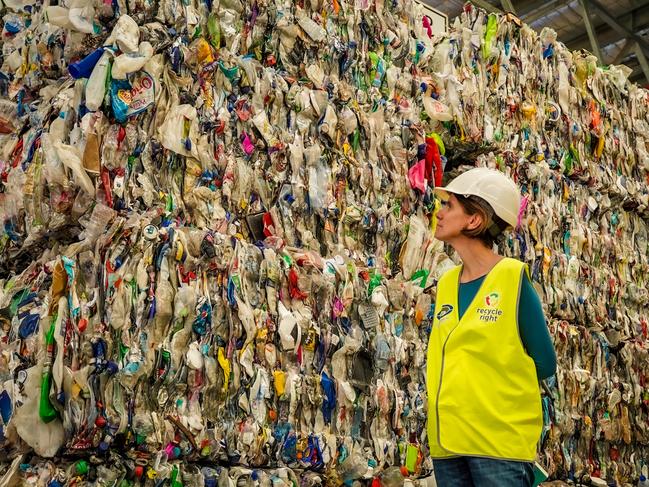
“There was no awareness of ‘single-use’ or ‘disposable plastics’ as being an issue, people didn’t even know what those terms meant,” she says. “By 2018 ‘single-use’ was the word of the year. Last year, three million Australians and an estimated 326 million people worldwide participated, together making a difference. On average participants reduce their household waste by five per cent (21kg) per year.”
The BRITA research also found almost two million Australians consumed more single-use plastic in 2020 because of spending more time at home.
Kayla Mossuto runs two sustainably-minded businesses from Melbourne with husband Piers Mossuto and is constantly looking for reusable, instead of single-use, options.
“My husband and I co-founded … Crema Jo, a reusable stainless steel coffee pod business and a community recycling business called Precious Plastic Melbourne, where we help community groups and small businesses to recycle traditionally hard to recycle plastics,” she says.
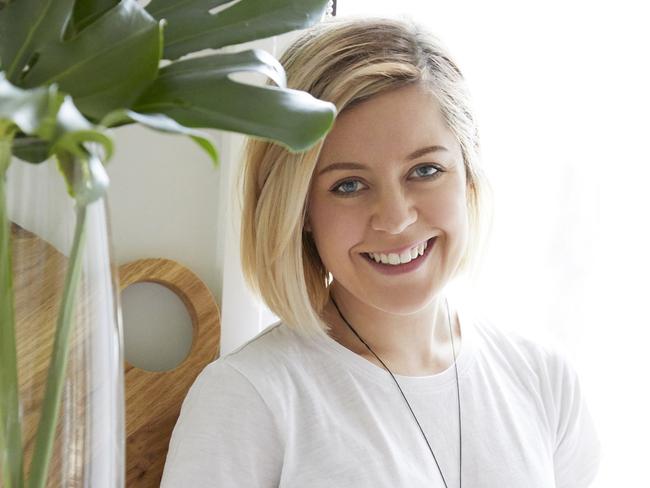
“The main thing we’re trying to do is get people to move to reusable products. If a product is recyclable or compostable, it’s still a single use product.”
She says it always pays to read the fine print where companies claim their products are sustainable.
“Compostable and biodegradable plastics are not home compostable, only industrially compostable,” she says.
“Consumers are purchasing these products thinking they can put them in their home compost. They are not breaking down, or degrading into plastic particles.”
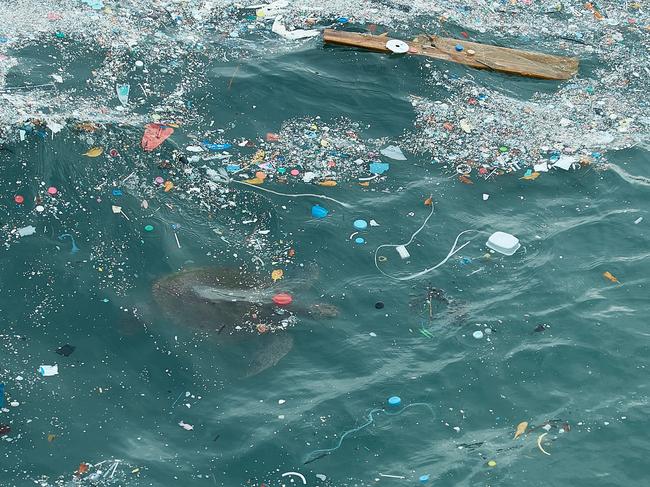
At home, Ms Mossuto says the couple tries to minimise waste as much as possible and hopes others realise the impact they can make.
“We’ve been on this journey for quite some time,” she says.
“My preschooler uses a reusable straw, I use shampoo bars for my hair, soap bars, we’ve moved across when it comes to cling wrap and changed to beeswax wraps, we use old jars for leftovers.
“It’s not necessarily about finding the shiny new reusable product for us, it’s about working with what we’ve got. It’s very much about making small changes, it’s not about perfection at all, it’s about doing what’s in your reach.
“We don’t need one person doing zero waste perfectly, we need one million people doing zero waste imperfectly.”
Visit brita.com.au/filterforgood to find out more about #FilterForGood pledge.
Originally published as Plastic Free July: BRITA research reveals millions of Aussies primarily drink bottled water





